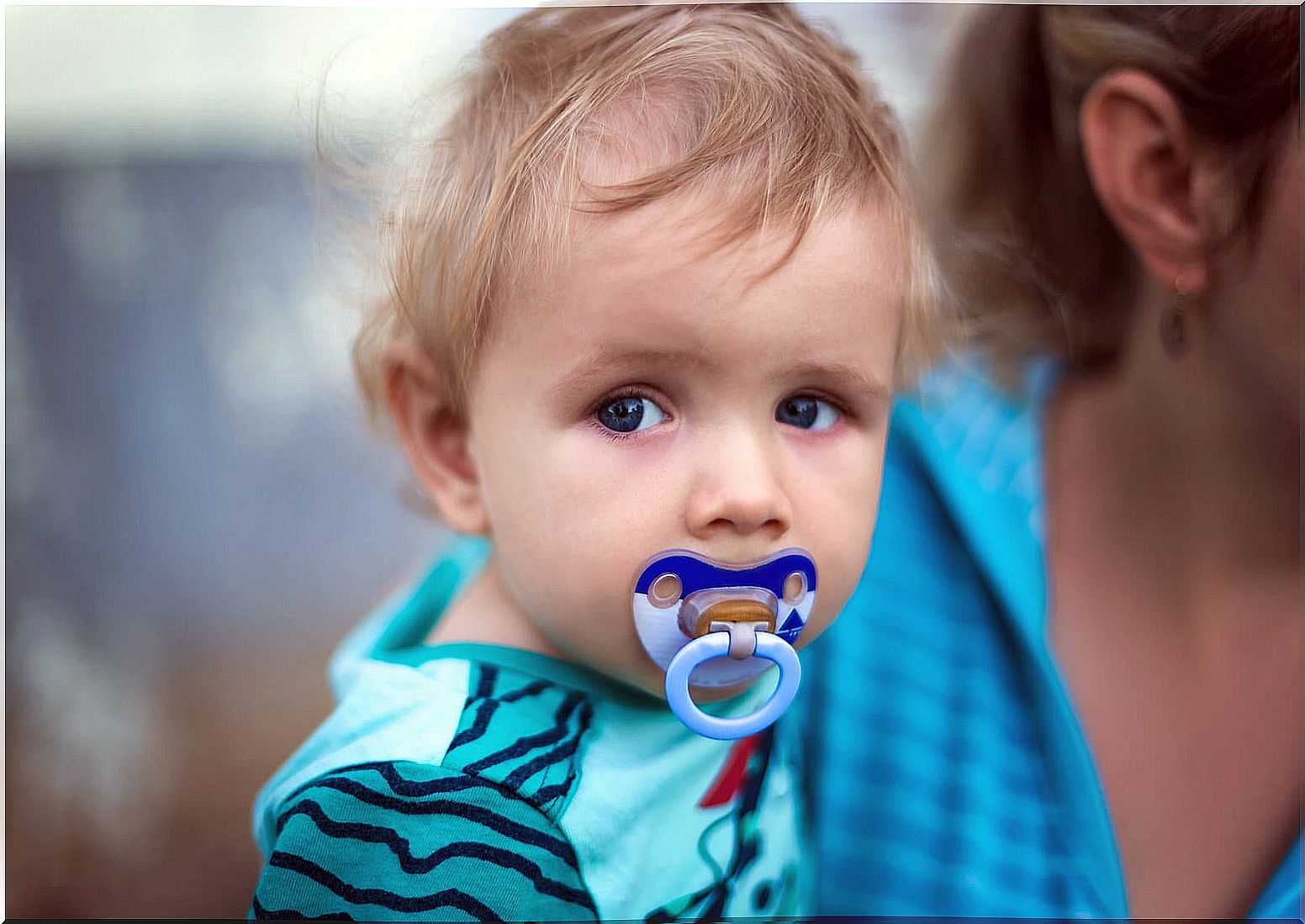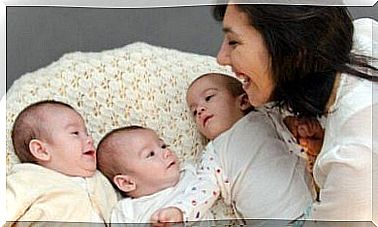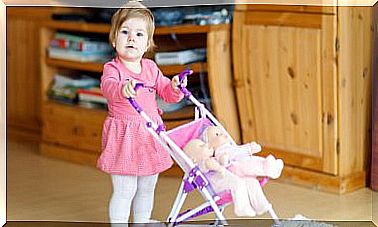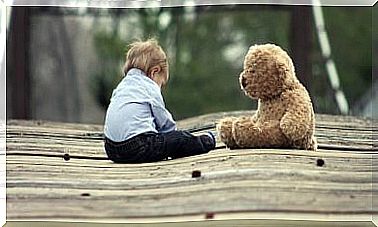What Are Child Regressions?

Evolutionary development does not occur in a linear way, but throughout the process many fluctuations take place, so that children sometimes advance, sometimes stagnate and, at other times, regress.
In the following lines we are going to focus on the latter, on the steps backwards that can be observed throughout the growth of the little ones. In the world of psychology and education, this phenomenon is known as infantile regressions .
Do you want to know more about this term? When are regressive behaviors worrisome? What to do in these cases? We answer all these questions below.
What are child regressions?
Child regressions are defense mechanisms that some children carry out naturally and unconsciously to cope with situations that they consider difficult or stressful, such as a change of school, a move, the birth of a sibling, the separation of parents , the death of a family member, etc.

Thus, the little ones begin to show excessively immature behaviors, typical of a previous evolutionary age, as if they wanted to be babies again. This is usually common among preschool-age children, that is, among those who are 3 to 5 years old, as they have not yet acquired sufficient cognitive and emotional resources to adequately cope with adversity or assimilate the changes that take place in life. .
Many mothers and fathers worry too much when they see that their children turn back and perform behaviors that they had already overcome, such as the following:
- Use the pacifier.
- Take the bottle.
- Ask for help to eat.
- Wanting to sleep with your parents.
- Suck your thumb.
- Wearing diapers and having difficulties with toilet training.
- Speak in a baby’s own language.
However, in most cases, these regressive behaviors do not pose a problem for correct child development. These children are simply at a time in their lives where they need to stop and go back to an earlier phase to feel safe and thus regain the confidence lost with the new situation.
In short, childhood regressions are usually temporary. It only takes time and patience for the little ones to overcome them and return to the same stage of development in which they were.
When is it convenient to go to the psychologist?
It is only necessary to be alarmed when regressive behaviors remain over time and are not overcome naturally by children or when they appear together with other disruptive behaviors, such as irritation, aggressiveness, tantrums, etc.
In these cases, childhood regressions may be hiding a more serious emotional problem, so it is advisable to ask a specialist for help so that the child can begin the corresponding psychological treatment that allows them to acquire tools to overcome the situation in the best possible way.
About child regressions
Child regressions must be accepted by the children’s mothers, fathers or main caregivers, just as evolutionary achievements are accepted.

Obviously, as educators, watching children progress in their development is rewarding. But that does not mean that you have to do a drama when exactly the opposite happens, that is, when a setback is observed in the development of the little ones.
In this sense, the following phrase must always be taken into account:
Based on these words, it can be affirmed that the best thing that can be done to promote children’s growth and learning is to respect their own rhythm and allow them to move forward, to stagnate and, if necessary, to go backwards. But you always have to have the support and affection of the family because, after all, this is the most important thing to promote the optimal development of the little ones.










